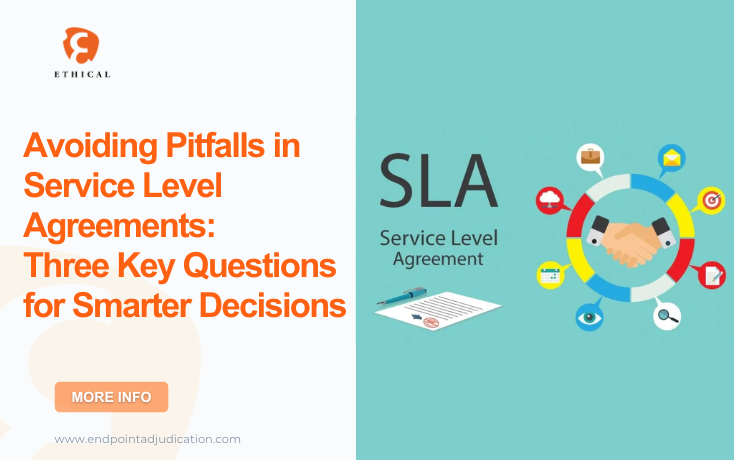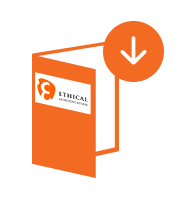The rapid advancement of computerized systems and global infrastructure has revolutionized clinical research, enabling seamless connectivity from almost anywhere worldwide. However, as technology evolves, certain support services - like round-the-clock human intervention - have become less critical. Despite this, some vendors continue to market costly service agreements that may no longer provide substantial value.
The Outdated Fear of System Downtime
Imagine this scenario: Dr. Smith, a dedicated clinician, logs in late at night to adjudicate cases for a critical clinical trial. She expects to finish in 40 minutes, but the system doesn’t behave as expected. She struggles to navigate the interface and ultimately submits a support ticket. Twenty minutes pass without a response. Frustrated, she emails the study manager, hoping for a quick resolution. The study manager, preparing to wrap up his day, now faces an urgent issue. This isn’t the first time the system has caused delays, and he worries about the vendor choice—one he advocated for during procurement. Does this scenario sound familiar? More importantly, is it even relevant today?
The Reality of Modern Clinical Software
Years ago, system access issues were common frustrations. But today, with cloud-based platforms, automated password recovery, and Single Sign-On (SSO) technology, such worst-case scenarios are increasingly rare. So why does the fear persist? It may stem from outdated perceptions rather than real-world challenges. At the same time, some software vendors continue to push elaborate, multi-layered Service Level Agreements (SLAs) that drive up costs without delivering tangible benefits.
Rethinking Customer Support in Clinical Research
At Ethical, we take a pragmatic approach to customer service. If a system isn’t reliable enough to function without 24/7 support, how effective is it? If a vendor is selling an unnecessary service, is it truly in your best interest?
With over 18 years of experience delivering clinical endpoint adjudication software, we prioritize reliability and ease of use. Rather than imposing expensive, multilingual 24/7 call centers that add little value, we encourage clinical development leaders to ask three key questions before selecting a vendor:
- Does the vendor provide a transparent history of system incidents and emergency management?
- Can they share data on past user support tickets and resolution times?
- What does their 24/7 support actually cover, how much does it cost, and is it necessary?
A Smarter Approach to Vendor Selection
While system reliability and quality support remain crucial, today’s technology should inherently deliver these capabilities. Instead of being swayed by complex SLAs, clinical research organizations should focus on selecting solutions that are stable, user-friendly, and cost-effective. Choosing the right software vendor isn’t about avoiding imagined risks—it’s about making informed decisions that optimize both performance and cost-efficiency.
Are you re-evaluating your clinical endpoint adjudication software vendor? At Ethical, we prioritize transparency, reliability, and cost-effectiveness. Fill out the contact form below to discuss how we can help you make informed decisions and streamline your clinical committees operations.




